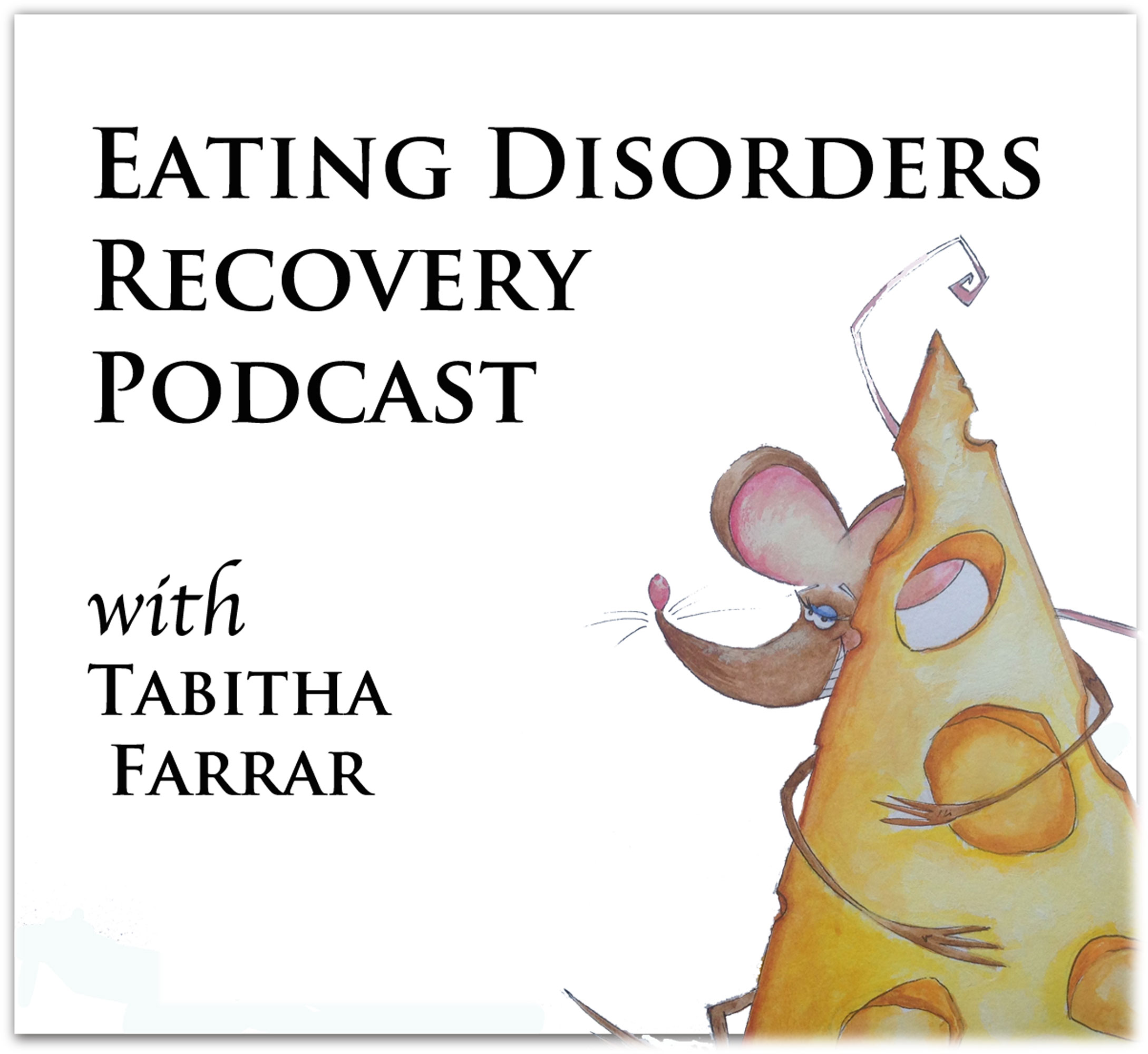
Episodes
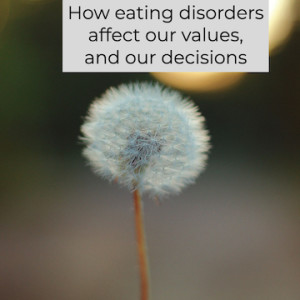
Friday Apr 05, 2019
How eating disorders affect our values, and our decisions
Friday Apr 05, 2019
Friday Apr 05, 2019
In this podcast, Tabitha Farrar talks about how eating disorder change our beliefs and values, and how recovery also changes these aspects.
Podcast dedicated to "Mary." I miss you.

Wednesday Feb 27, 2019
Migration/Adapt to Flee Famine theory and fear
Wednesday Feb 27, 2019
Wednesday Feb 27, 2019
In this podcast, Tabitha Farrar has a discussion with Shan Guisinger — author of the Adapt to Flee Famine paper — about the biological fear of eating response.
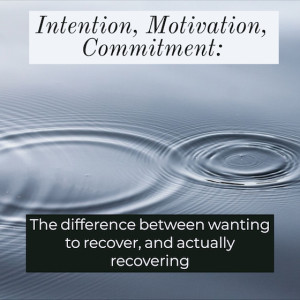
Tuesday Jan 01, 2019
Tuesday Jan 01, 2019
New Year 2019.
In this podcast, Tabitha talks about her own recovery, and why wanting to recover isn't enough.
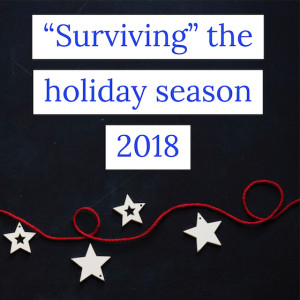
Tuesday Dec 18, 2018
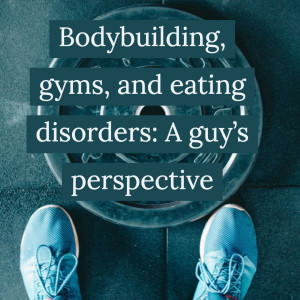
Wednesday Nov 28, 2018
Bodybuilding, gyms, and eating disorders: A guy's perspective
Wednesday Nov 28, 2018
Wednesday Nov 28, 2018
Ari Snaevarsson is a certified nutritionist* who has worked a great deal with disordered eating clients. He also works as a counselor and dietetic technician at a residential treatment center for eating disorders. Coming from a background of competitive bodybuilding, Ari has himself recovered from an eating disorder marked by severe restrict-binge cycles. Ari is devoted to helping those struggling to escape the prison of food anxiety and body hatred.
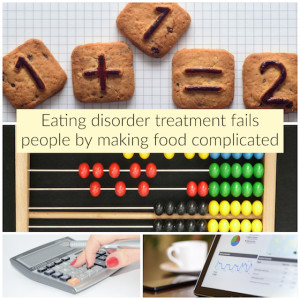
Monday Nov 05, 2018
Why eating disorder treatment fails people by making eating more complicated
Monday Nov 05, 2018
Monday Nov 05, 2018
In this podcast, Tabitha talks to a person in recovery who shares some information about how treatment has made her even more confused about how to eat.
It is important that people in recovery are encouraged to listen to their bodies and eat what they want to eat.

Thursday Oct 11, 2018
The scale: To weigh or not to weigh in recovery
Thursday Oct 11, 2018
Thursday Oct 11, 2018
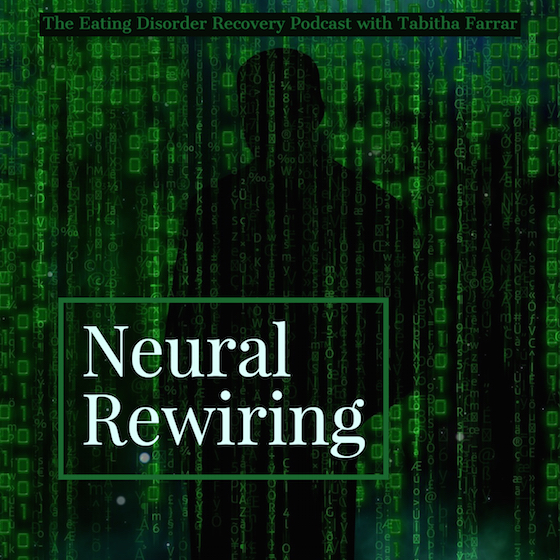
Sunday Aug 12, 2018
Neural Rewiring For Full Recovery From An Entrenched Eating Disorder
Sunday Aug 12, 2018
Sunday Aug 12, 2018
In this podcast Tabitha Farrar explains why she believes that neural rewiring is a crucial and often not understood aspect of achieving full recovery from a long-term restrictive eating disorder such as anorexia nervosa, bulimia nervosa, binge eating disorder.
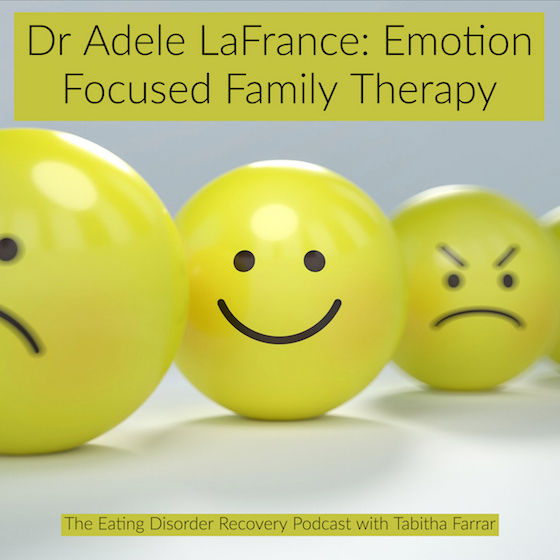
Tuesday Jul 24, 2018
Recovery stories: Cannabis and eating disorder recovery
Tuesday Jul 24, 2018
Tuesday Jul 24, 2018
In this week's podcast, Tabitha talks Sophia — a person currrently in recovery — about medical use of cannabis in recovery from anorexia.
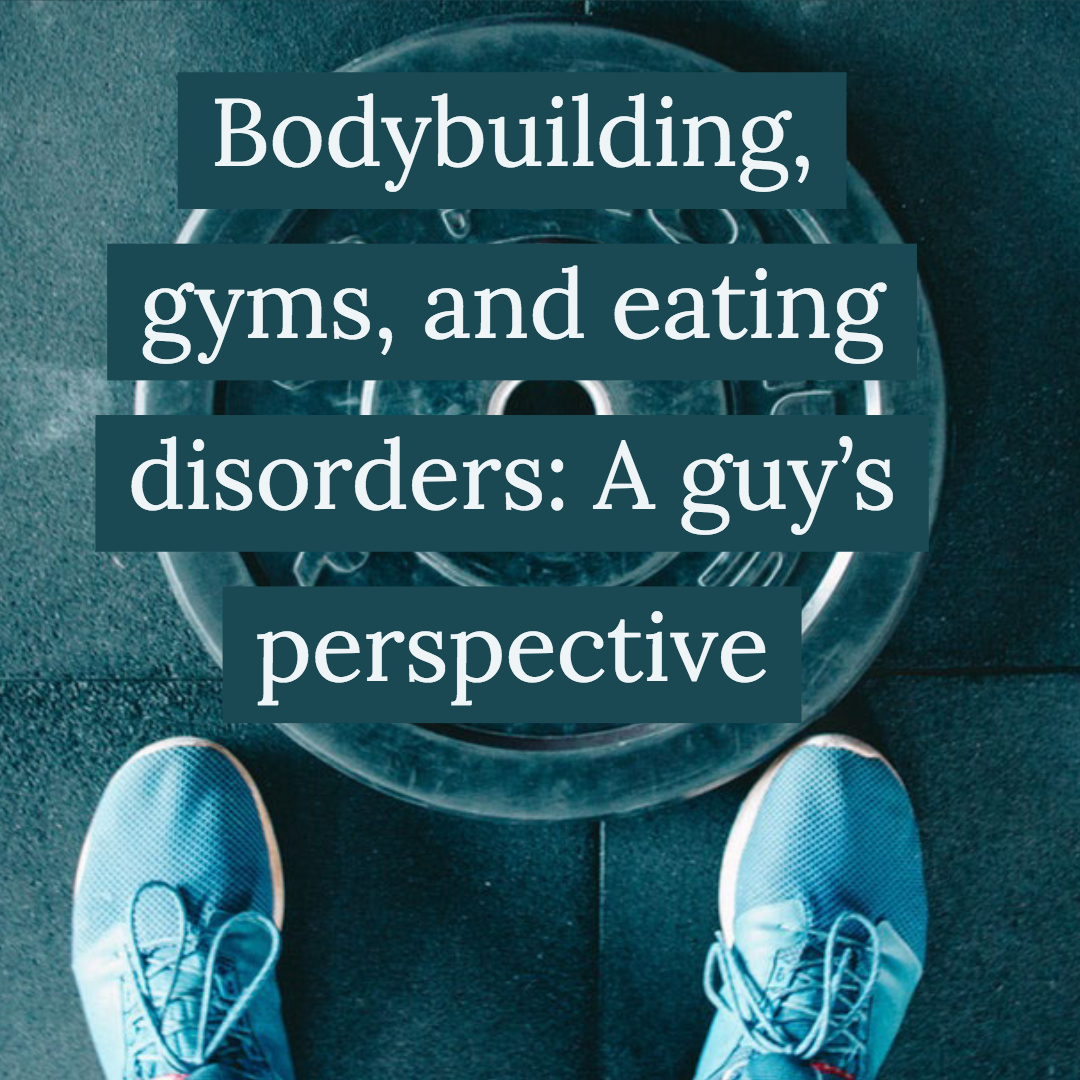
Saturday May 12, 2018
Recovery Stories: Unrestricted eating and freedom
Saturday May 12, 2018
Saturday May 12, 2018
In this podcast, Tabitha talks to Drake, who is in recovery from an eating disorder and wanted to share some hope.
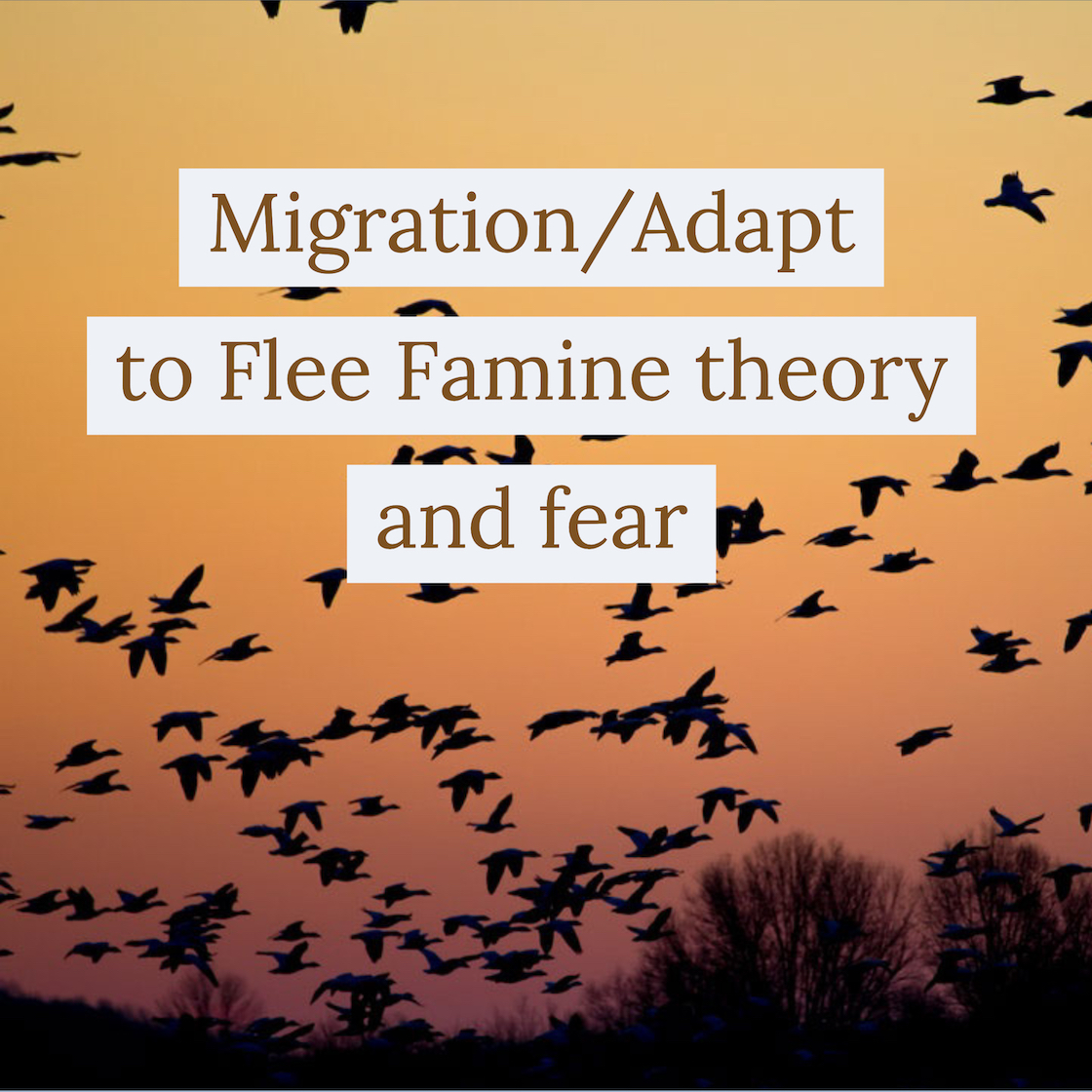
Thursday Mar 08, 2018
Rehabilitate, Rewire, Recover: Force feeding yourself as an adult.
Thursday Mar 08, 2018
Thursday Mar 08, 2018
In this podcast I talk about the skill of being able to force feed yourself as an adult in recovery from anorexia.
In the process of making yourself eat food you are afraid of you achieve both nutritional rehabiliation and neural rewiring goals. You train your brain that these foods are not a threat to you, and you eat the types of food that your body really needs in order to get out of malnutrition.
When you are faced with food that you are not used to eating, or in larger quantites that you usually allow yourself to eat, you go into your sympathetic nervous system -- that's the fight or flight one. Food doesn't taste that good when you are stressed about it! But, if you continue to force yourself to eat, your brain learns that the food is not a threat, and in time, you remain calm when eating. This is what leads to the neural rewiring of your brain that these foods are not a threat to you.
